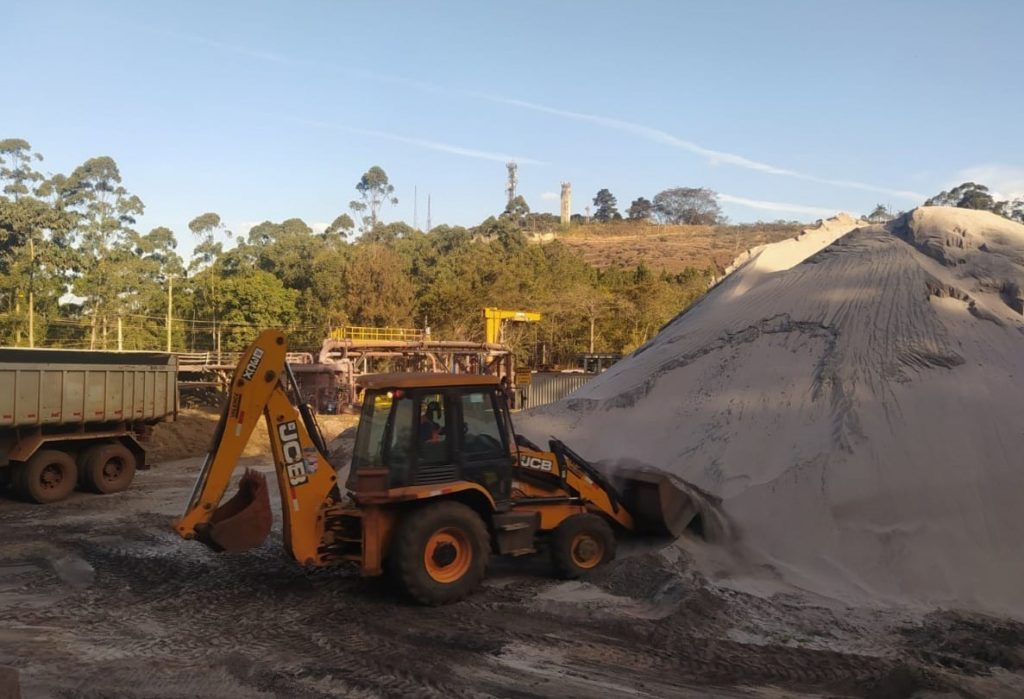Rio de Janeiro – Sand produced from the reuse of iron ore tailings from the operations of mining company Vale in Itabira, in the state of Minas Gerais, could be used to pave roads, with environmental and economic benefits. This is the result of Vale’s study developed over the last five years in partnership with the Federal University of Itajubá (UNIFEI) on the Itabira campus.
The research demonstrated the potential of sustainable sand for application in road pavements. Results of the tests, conducted in the laboratory, showed an increase of over 50% in the working life of the road and a reduction of around 20% in costs through the use of the input in all layers, compared to pavements built with traditional materials such as crushed stone, soil, and natural sand.
Already successfully used in the civil construction market, Vale‘s sustainable sand also results in gains for the safety of the company’s operations by reducing the disposal of tailings in dams and constitutes an alternative to natural sand, the second most exploited resource in the world after water.
Researchers now seek to verify the study’s conclusions on road paving by monitoring an experimental track built in the operational area of the Cauê Mine in Itabira. Data will be analyzed for two years by the Itabira campus of UNIFEI and the Federal University of Rio de Janeiro (UFRJ), in addition to being shared with the Transport Research Institute (IPR) of the Brazilian National Department of Transport Infrastructure (DNIT), to create a technical collection and standardization of the method.
Investment
Vale’s investments in research and innovation to apply sustainable sand in road pavements total over BRL 7 million (about USD 1.47 million at the current rate). Vale’s manager, Marina Dumont, said this market offers good opportunities for new business for the company, resulting in direct benefits for the community. Last year, the company processed around 250,000 tonnes of sustainable sand. This year, it could produce 1 million tonnes of sand, and it is estimated in 2023, this number could double to 2 million tonnes.
Translated by Elúsio Brasileiro




